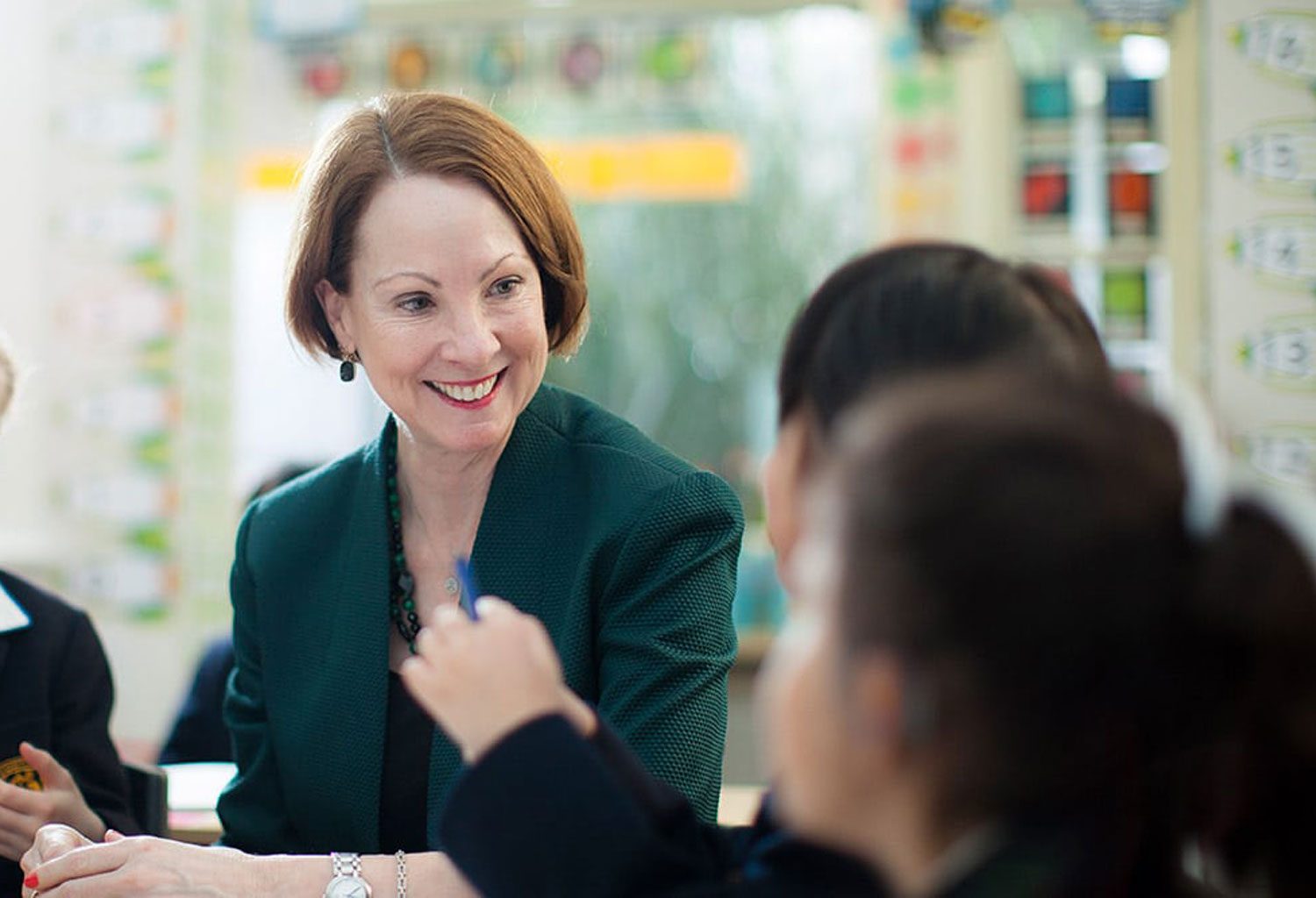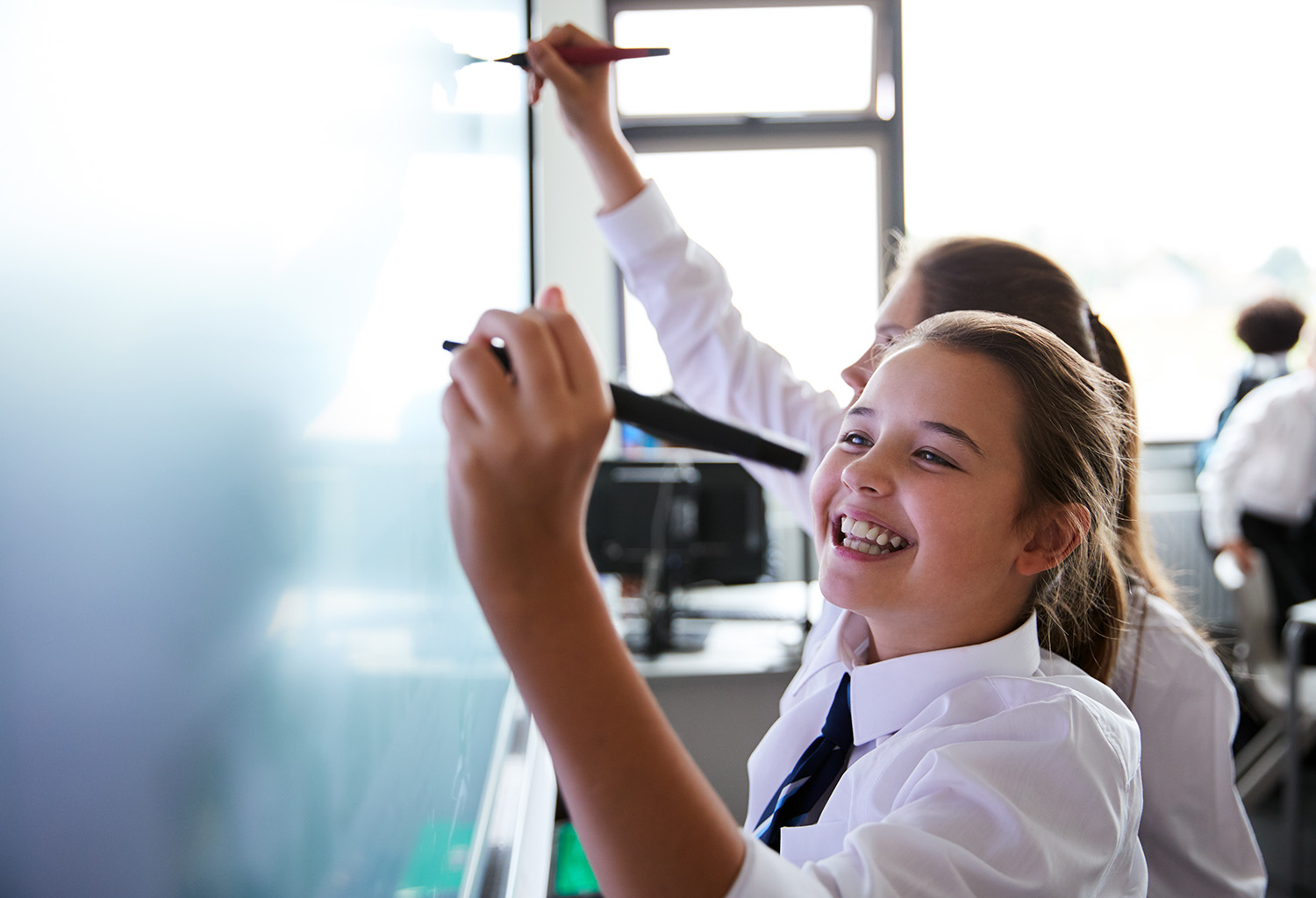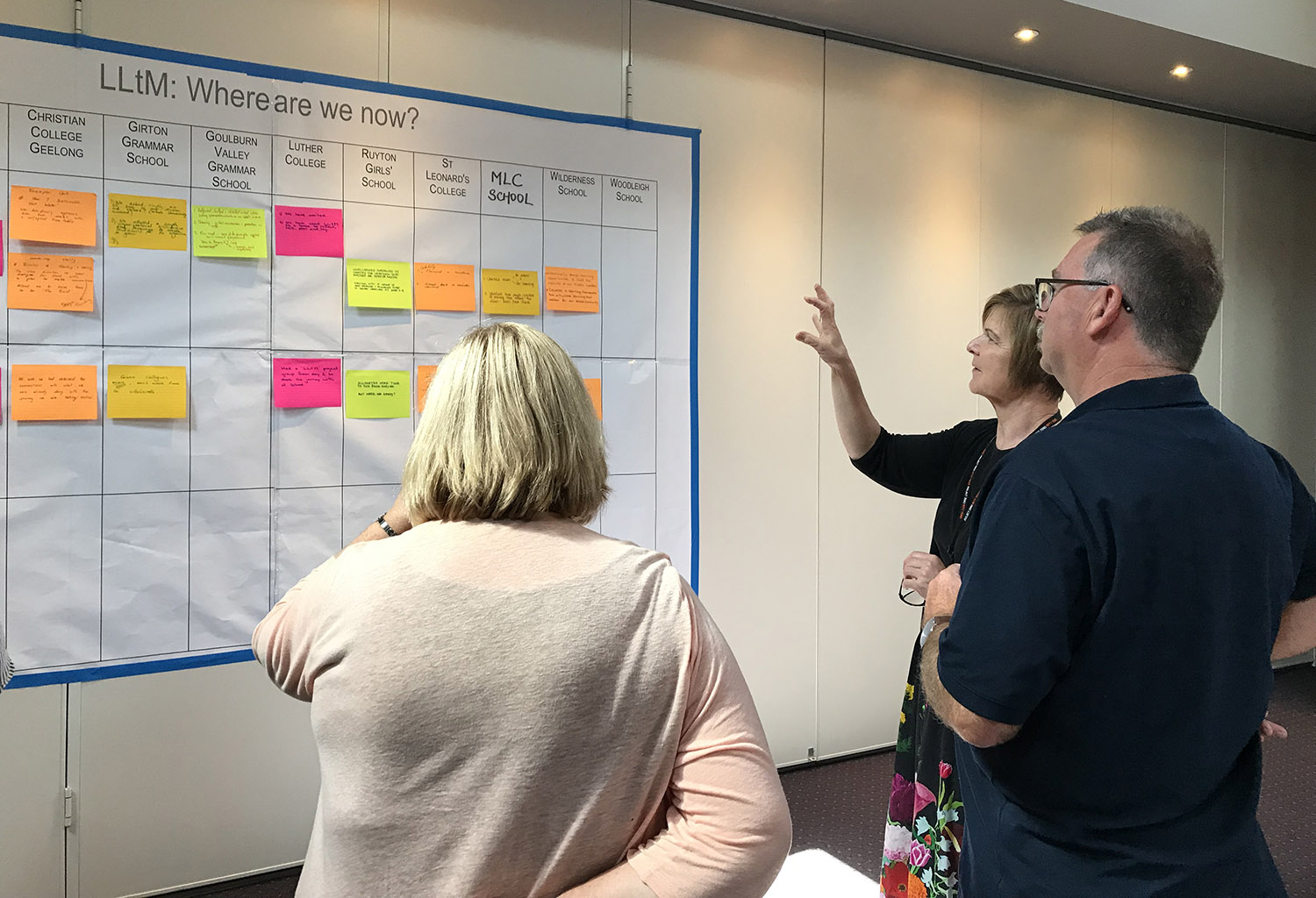Mobile phones in schools

4 min read
Safer Internet Day was held on 5 February 2019. Marise McConaghy, Principal of Strathcona Baptist Girls Grammar School, uses the day to reflect on the debate about mobile phones in schools.
Safer Internet Day, developed by the office of the eSafety Commissioner, aims to build a better internet by encouraging the four R’s – Respect, Responsibility, Reasoning and Resilience. This is a concept I wholeheartedly support.
It’s also timely to discuss the polarising subject of mobile phones in schools. Many educators believe that this device has no place in schools; I, however, am not one of them.
Banning phones from schools might reduce the impact of use while students are at school, but it will do little once students leave the school grounds. It certainly won’t prepare them for life beyond the school gates, where there is no teacher standing over them regulating use or forbidding its presence in their lives.
Mobile phones can be a great educational tool when used correctly, from taking photographs of fieldwork in geography, to using slow motion videos to analyse motion in physics. Students can also use a school’s apps to stay on top of their timetable, co-curricular dates and due work, making it easier to stay organised.
But it would be remiss not to acknowledge that phones can be distracting and of concern when used incorrectly as obviously the internet has a dark side, and is home to scammers, phishing, bullies and trolls – and that teenagers can get things wrong. It’s why educators and parents need to commit to teaching young people how to use technology intelligently, including when to switch off and be in the moment. Additionally, schools need to support parents to understand how to monitor use at home, particularly during times teens are alone.
It is essential to discuss the potential dangers and expectations for respectful and safe online behaviour with students. Schools need to be explicit about the kind of behaviour that they expect online – from not photographing others without permission to understanding the risks of sharing private details or images online and most particularly, that they always post with the notion of respect for self and for others and safety.
Children won’t always get it right – teenagers particularly, with their developing frontal lobes – but they are showing more awareness of the consequences as we all become more sophisticated in teaching students. Creating a culture where students care for each other is the best safety net as it means that if they find themselves facing negative or unforeseen consequences from online interactions, they have friends who will support them in seeking help. Also, it is really important that students have teachers they trust so that they can get adult guidance when things go wrong. We need explicitly to teach them to live their online lives as with other aspects of life, that is, with compassion, dignity and ethical decision-making.
The best preparation for students is for us, as parents and educators, not to stick our heads in the sand and allow students to figure it out by themselves, but rather ensure constant vigilance, clear communication, and a carefully designed and responsive tech-ed program in regard to mobile phone and internet use. There needs to be consequences for poor choices, of course, but banning is not the answer. This is a more challenging route that needs a whole-community and a carefully designed and nuanced approach that will serve our students much better in the long term.
At my school, Strathcona, we’re fortunate to have incredible digital learning leaders in both the Junior and Senior Schools who engage students in a variety of age-appropriate cybersafety sessions and workshops, teaching both students and parents how to use the internet safely. This is achieved through a strong partnership led by staff with a commitment to both student safety and the power of technology for learning.
Mobile phones and technology are a fundamental part of our society now, so banning them in schools is not the answer to eliminating the problems associated with them. We know in history that every 100 years or so, there are huge transitions that require giant adaptations, which must intentionally bring with them the values we hold dear, most notably, respect for self and others. With a proactive, educational mindset and a careful age-appropriate response, we have an obligation to teach our students to make wise decisions. The on-off mentality doesn’t teach them to make ethical, autonomous, informed decisions about a device which is part of our modern life.
Marise McConaghy
Principal
Strathcona Baptist Girls Grammar School



